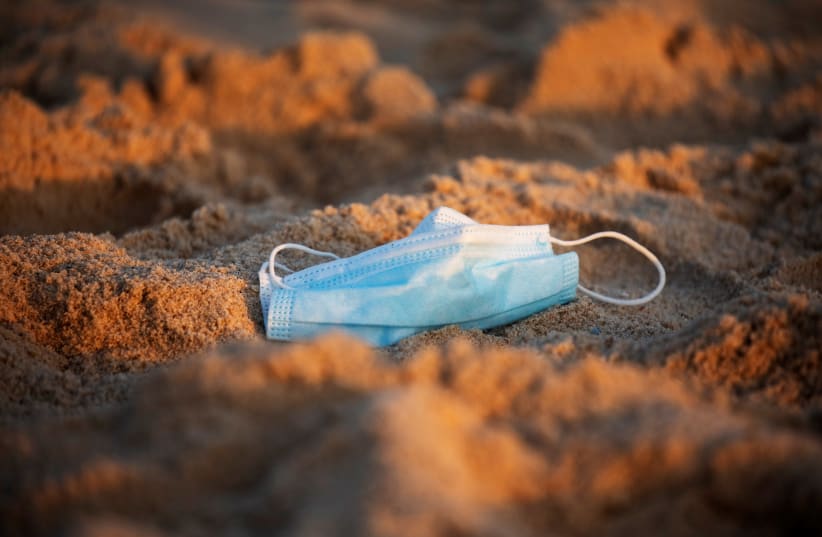For more stories from The Media Line go to themedialine.org
Despite this, Turkey eased restrictions to prevent the spread of the coronavirus on June 1, including loosening weekend curfew rules and allowing small groups of people to be served in restaurants and cafés.Iranian authorities announced earlier this week that it hopes to begin its first state-sponsored COVID-19 vaccination drive in September. This comes as the death toll from the virus has passed 304,000 in the Islamic Republic.Also, on June 1, the United Nations High Commissioner for Refugees sounded the alarm over an increase in cases of the coronavirus among asylum seekers in several countries, including Pakistan and Iran, as they often lack access to vaccines.The same day, Algeria partially unsealed its borders for air travel, allowing foreign visitors entry for the first time in over a year. Algeria’s land and sea borders remain shut.The World Health Organization (WHO) also announced Tuesday that it would start running COVID-19 vaccination drives in Houthi rebel-held parts of Yemen beginning next week, according to Reuters. Human Rights Watch denounced the group this week for impeding aid organizations in their quest to deliver doses of the vaccine. However, multiple representatives from the WHO told The Media Line that the Houthis were initially amenable to easing distribution of the shots until tensions rose between the group and the Biden administration.The WHO announced approval of China’s Sinovac Biotech COVID-19 vaccine for emergency use on June 1. This comes as Bahrain and the United Arab Emirates are delivering booster shots to recipients of Sinopharm, the first Chinese vaccine to be approved for emergency use by the organization, over concerns about the vaccination’s efficacy. Despite the fact that nearly half of its population is vaccinated, Bahrain has experienced a surge in new cases.On June 2, Egyptian Prime Minister Mostafa Madbouly said that he aims to have 40% of the population vaccinated by December 31, according to Reuters. Locally produced shots will become available to the public starting next month. A day earlier, the Daily News Egypt reported that Hala El-Said, Egypt’s minister of planning and economic development, said that the country’s next fiscal year budget would be devoted entirely to alleviating the economic burden caused by the pandemic.Kuwait’s government-sponsored KUNA news reported June 2 that the country has granted permission for sotrovimab, a monoclonal antibody therapy medication, to be used to fight lower-level cases of the coronavirus. The UAE and Bahrain are the only other nations in the MENA region to green light the therapeutic antibody course of treatment.Steven Ganot contributed to this report.
Iran, Turkey among top 10 nations with most new COVID cases
Iran and Turkey rank 6th and 9th respectively for most new cases of the coronavirus worldwide
